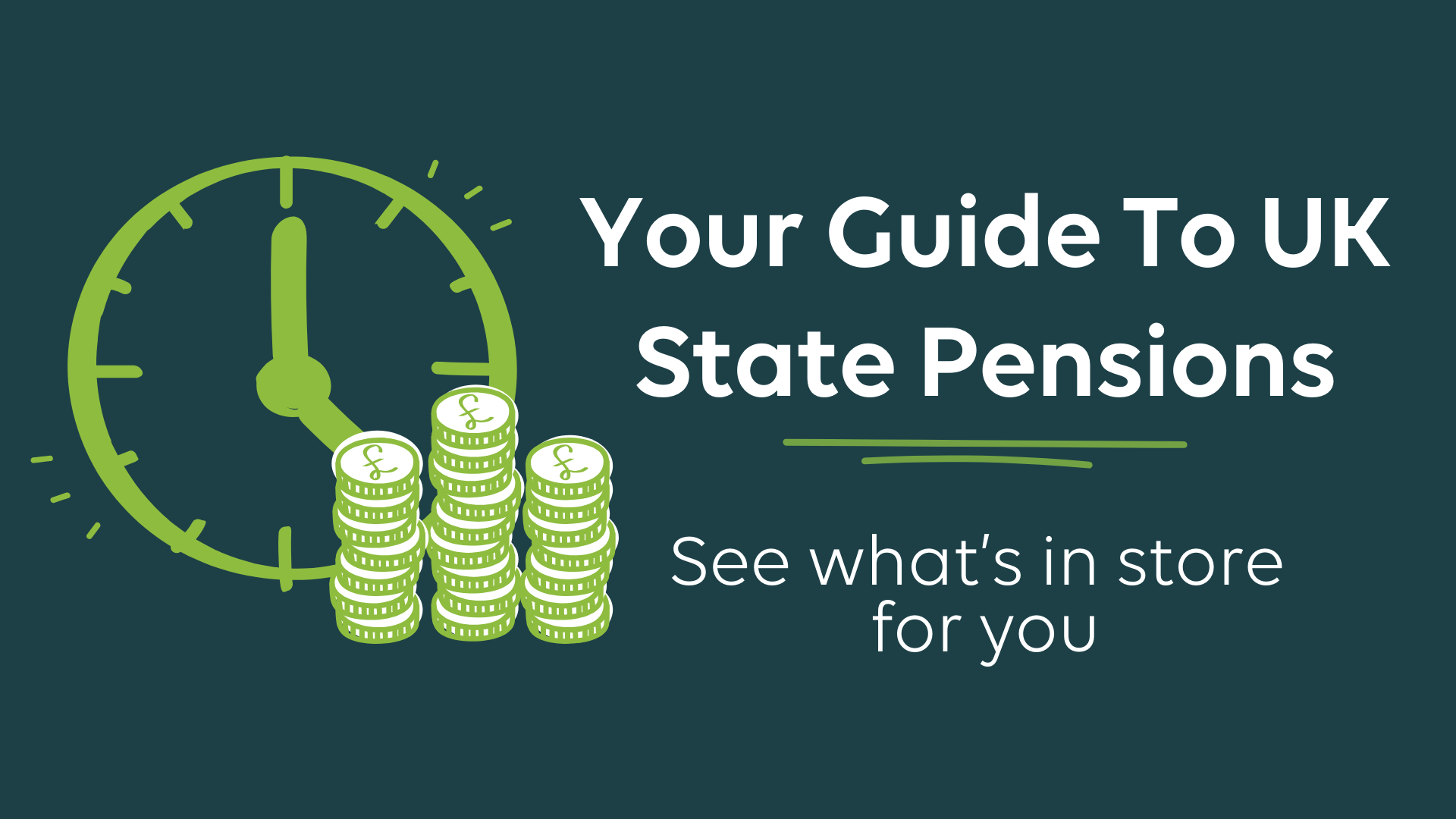Should You Carry On Or Call It A Day?
You’re still sharp, full of energy, and not quite ready to swap your work boots for gardening gloves just yet.…


Getting your head around your State Pension and retirement planning can feel like a daunting task. With the shifting rules and regulations, policy changes and new eligibility criteria, you may have some big questions, such as when you’ll get your pension and how much you’ll receive.
This week’s blog is here to help give you the facts and shine a light on recent updates.
We’ll break down everything from the basics of the State Pension, to what all those changes in retirement age and what pay-out amounts really mean. Plus, we’ll give you some practical tips to make sure you’re prepared when retirement rolls around.
Firstly, let’s cover what a State Pension actually is. A State Pension is essentially money you get from the UK Government once you reach a certain age and meet specific requirements. Currently this is 66 for both men and women. This money comes from a big pot funded by taxpayers through their National Insurance contributions. How much you get depends on how long you’ve been paying into the National Insurance system. You need at least ten years of contributions to get anything, and a maximum of 35 years to get the full amount.
For a lot of people, the State Pension is only part of their retirement income. You may also have money from a Workplace Pension (either Defined Contribution or Defined Benefit), other private pensions (such as Self-Invested Personal Pensions), Individual Savings Accounts (ISAs) and/or earnings.
The Chancellor announced in last year’s Autumn Statement that the State Pension would be increased by 8.5% from April 2024.
This seems like a big jump for current retirees and those who are planning to retire soon, so let’s break it down.
Your State Pension amount depends on whether you’re under the old Basic State Pension or the new Full State Pension:
So how does this increase in the State Pension translate into actual weekly and annual amounts for you?
Here’s a table highlighting the difference in payments before and after the increase.
Keep in mind though that these numbers represent the complete basic State Pension. The actual payment you receive is determined by how much and how long you’ve made National Insurance contributions.
| Old Basic State Pension | New Full State Pension |
| The full basic State Pension is now £169.50 a week – or £8,814 a year. | The current new Full State Pension is £221.20 a week – or £11,502.40 a year. |
As discussed earlier, the current State Pension age for both men and women is currently 66.
If you were born after April 5, 1960, your State Pension age will gradually go up. It’s expected to reach 67 sometime between May 2026 and March 2028. After that, it’s likely to go up again to 68 by 2044. People who reach the age of 66 before 2026 will be eligible for the New State Pension.
Unfortunately, your State Pension won’t come automatically when you reach the eligible age. Instead, you’ll need to actively claim it.
Typically, you should expect to receive an invitation letter from the Department of Work and Pensions (DWP) about two months before reaching the State Pension age, providing instructions on how to claim.
The fastest method to claim your State Pension is by applying online through the Government’s Official Website.
If you haven’t received this letter at least two months before reaching the eligible age, you should reach out to the Pension Service at 0800 731 0469.
How much you will receive in your State Pension will depend on how many years you’ve paid National Insurance Contributions.
In order to claim the Full State Pension, you need 35 years of contributions. If you’ve paid in less than 35 years but have at least 10 years of contributions, you’re still eligible to receive a State Pension – it will though be adjusted to reflect the number of qualifying years you do have.
It’s worth noting that if there are gaps in your National Insurance Record, you might want to consider making voluntary contributions to fill them. You may have gaps in your National Insurance Record for different reasons, like taking care of family members, being ill, earning less, or various other causes. It’s quite common for this to happen, so know that you’re not alone. To check if you have any gaps, you can create an account on the GOV.UK Website and see if you have any National Insurance years since 2006 that are incomplete.
Discover how to potentially increase your pension pots by reading our recent blog post, which offers 5 helpful tips for boosting your pension savings.
Yes, if you decide that you don’t need to take your State Pension when you reach pension age, you don’t have to. By doing so, you could get more when you eventually do take it as your State Pension will increase by the equivalent to 1% for every 9 weeks that you defer. It works out as just under 5.8% for every 52 weeks. But, you need to be aware that you may also need to pay tax on this extra amount.
For full details on delaying your State Pension and how it works, you can visit the GOV.UK site.
Knowing what you can expect from your future State Pension and when it kicks in is a big part of planning for life after work. But it’s easy to mix up the State Pension age with your retirement age. Your retirement age is when you actually stop working, which can vary a lot depending on your financial situation.
Even though your State Pension will give you some money, it might not be enough to live on comfortably.
That’s where financial advisers like us come in.
At Joslin Rhodes we specialise in helping make the complex world of pensions simple and ensure you’re prepared for retirement.
And our approach goes beyond numbers, we help you articulate your life goals in human terms. By crafting a personalised financial life plan, we empower you to live the life you desire, both now and in retirement.
We’re here to reassure you that everything will be okay, and we will work alongside you throughout life’s twists and turns to make sure that happens. Simply tap here to get in touch with our team.
Joslin Rhodes Pension & Retirement Planning – Real Advice, For Real People
Pop your details below to arrange a call with our local pension & retirement planning advisers

You’re still sharp, full of energy, and not quite ready to swap your work boots for gardening gloves just yet.…